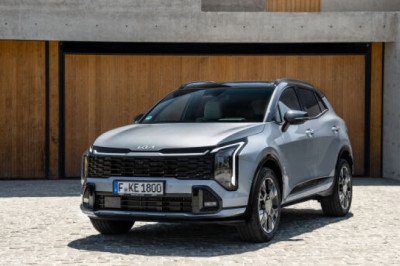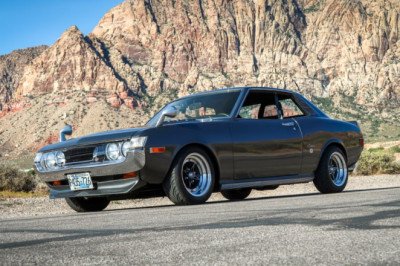
1. BUYING NEW CARS – MAKE SURE YOU GET THE RIGHT VEHICLE
You’re already on the right track to buying a new car by reading this guide – because research is the key to securing a competitive deal. This starts by looking into the car you want before you arrive at a dealership where a salesman could persuade you into taking a deal you don’t really want. Perhaps you already know the car you wish to drive, but here are some important questions you should ask yourself – and if you don’t know the answer to each one, research the model online so you can be sure you’re getting what you want:
2. Is the car in your price range?
How much can you comfortably afford to pay on the car each month? What is the manufacturer’s recommend list price?
3. What is the car’s standard specification?
Does the car come with a CD player and air conditioning, for example, or are you charged extra to have these installed?
4. What is the car’s running costs?
If you’re buying a new car you must think beyond the monthly payments and consider how much the car will cost to run. How many miles does it get per gallon and does that apply to city or motorway driving? Which tax band does the car fit into? Is it easy to get the car repaired if necessary? How much will it cost to insure?
5. How much does the car’s value depreciate?
Every car’s value depreciates greatly as soon as you drive it away from the dealership – but some vehicles hold their value better than others, which is important particularly if you plan to sell the car sometime in the future. According to a recent analysis by a contract hire specialist, the top five least depreciating cars in the UK are as follows:
- Mini – Worth 54% of its original value after three years.
- Audi TT – Worth 52% of its original value after three years.
- Audi A5 – Worth 51% of its original value after three years.
- Range Rover Sport – Worth 50% after three years.
- Mercedes SLK – Worth 49% after three years.
Of course, depreciation is more important if you are considering leasing a car – the higher the residual value of a car, the less you will have to pay on a car lease. However, it should also be considered when buying a new car too. The top three cars in this list are all new and have waiting lists which suggest that if you sell them on in three years, you will still attract a healthy return.
6. How green is the car?
If you’re environmentally conscious be sure to look into your prospective vehicle’s CO2 emissions. You might be particularly interested in hybrid and electric vehicles which are generally more cost effective in terms of miles per gallon and are grouped in lower tax bands than their petrol guzzling alternatives.
7. How safe is the car?
Generally speaking, you should be much safer in a new car than a used car as you know it has no history of being involved in accidents and it should benefit from the latest crash testing technology. By visiting the Euro NCap website you can discover the safety ratings for any vehicle you wish to drive.
8. Do you know your credit rating?
BUYING NEW CARS – PREPARING YOURSELF
There’s no point in knowing everything about the car you wish to buy if you don’t have enough knowledge about your personal circumstances. Salesmen may attempt to tell you what’s right for you… but in truth, only you should decide. Here are some important questions you should know the answer to before you attempt to buy:
Do you know your credit rating? If not, you can request your profile at a number of agencies including Experian and Equifax. Your credit rating will determine the loan rate offer you receive (if you get one at all). If you have no credit history or know you have bad credit, you should attempt to build your credit score before you buy. More details on this can be found in part one of the car buying tips guide.
9. Do you have money for a down-payment?
Work out what you can comfortably afford to use as a down-payment ahead of time and stick to it. A down-payment will reduce your monthly bills – but you should not put down more than you can afford.
10. Can you offer a trade in?
If so, it’s best to know the value of your car ahead of time. Seek an independent evaluation or at least scan around used car websites and magazines to discover the price that cars of the same make and model are fetching. Don’t allow yourself to be short-changed on how much the car is worth. However, you must be honest – consider its condition and be realistic about its depreciation.
11. Do you owe money on the car you plan to trade in?
Remember that the car loan will still belong to you until the dealer pays it off so you must make sure your loan provider picks up the payment in time. Have the new car dealer produce a statement in writing that they will pay off the car within the time you require.
12. How desperate are you for a new car?
Whatever the answer to this question may be, don’t let the dealer know you need a new car urgently. If your current car is dying or perhaps you don’t have a vehicle at all, you could feel rushed into a deal you shouldn’t agree to. Take your time, and where possible plan ahead – don’t wait until your car is spluttering before looking for a new one!















Facebook Conversations